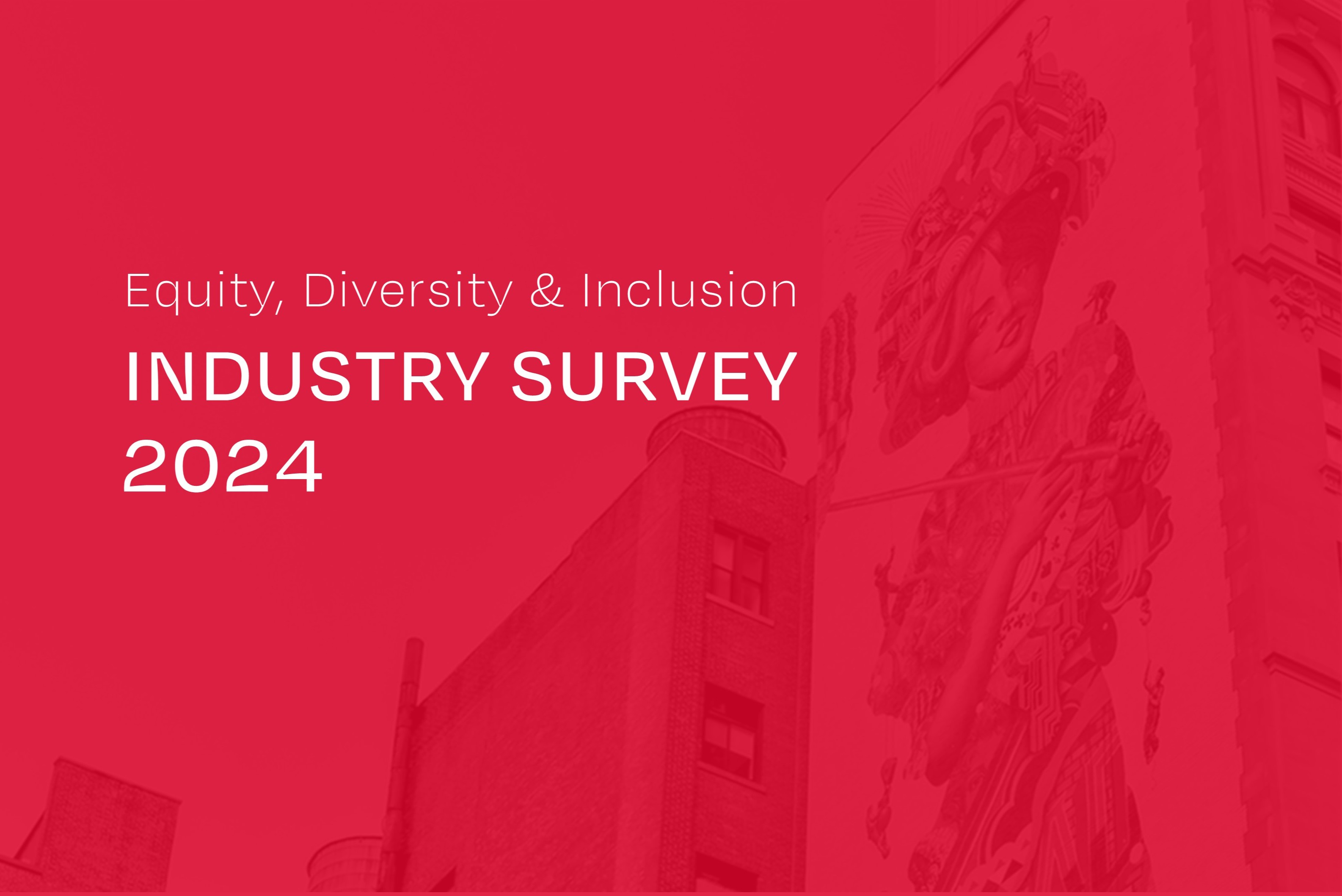By joining Real Estate Balance’s email list, you agree to receive email updates from time to time about organisation news, events being held and information about our partners in accordance with the terms outlined in our privacy notice, which you can read in full here.
Sign upNew research finds UK real estate sector lags behind in socio-economic diversity, as other industries intensify efforts
A new independent research study, Building for the Future: Socio-economic diversity and inclusion in UK Real Estate, undertaken by the Bridge Group and JLL UK Foundation, with support from Real Estate Balance, has found that leading real estate organisations face a stark lack of socio-economic diversity, especially in senior roles.
The research also shows the sector is being outpaced by peer industries like law and financial services when it comes to making progress in this area.
The study analysed over 10,000 employees across thirteen of the UK’s most significant real estate companies, exploring how diverse the firms are by socio-economic background (SEB), the factors contributing to the different levels of diversity, and the actions that can be taken to advance socio-economic diversity in real estate.
Across the participating organisations, the research found that:
- Among those in senior roles, more than half (51%) are White males from a Higher SEB, while only 14% are from Lower SEBs.
- An average of only 22% of employees are from Lower SEBs. This compares with 39% of the UK workforce, 29% in law and 33% in financial services.
- On average, 31% of employees attended independent schools, compared with 6.8% nationally.
- Employees from Lower SEBs who are also women and/or from ethnic minority groups, face compounded disadvantages.
- Those primarily or wholly involved in investment management are less socio-economically diverse compared with those primarily involved in real estate agency.
Although many examples of committed leadership and positive practices were identified – including the emergence of apprenticeships as a driver of SEB diversity, targeted outreach to schools in disadvantaged areas, and the removal of restrictive hiring criteria – the study highlights that overall progress in real estate remains fragmented and “worryingly slow.”
This is in contrast to leading firms in peer industries such as law, financial services and accountancy, which are acting collaboratively within their sectors to understand and unlock the advantages of increased SEB diversity – which is shown by an increasingly strong evidence base, and bolstered by this study, to have a positive effect on other EDI characteristics such as gender and ethnicity.
The research concludes with ten recommendations to help drive socio-economic diversity and inclusion across the UK real estate industry, including raising awareness of the business and societal benefits of socio-economic diversity, standardising data collection, and embedding inclusion across organisational practices.
View the research report and recommendations here.


